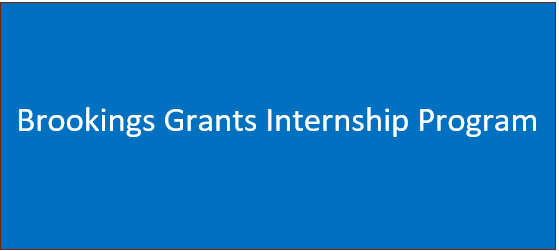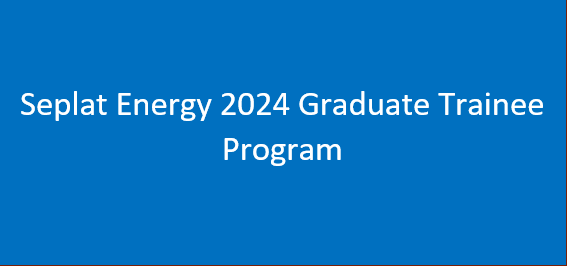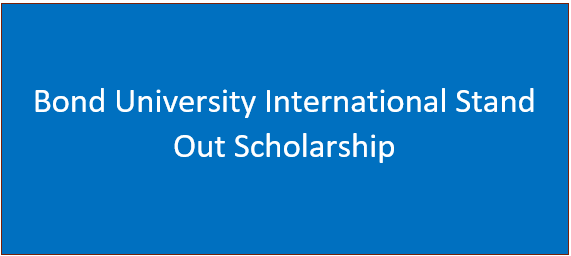One exceptional school that provides prospective business leaders with a life-changing experience is Dartmouth College Tuck. Key features of Dartmouth College Tuck’s MBA program are covered in detail in this informative blog post, including admissions standards, class profile, top pre-MBA employment, financial concerns, and post-graduation results.
- Dartmouth College Tuck: A General Overview
- Personal Demographics:
- U.S. Students Demographics
- International Representation
- Pre-MBA Employers at Tuck
- Outcomes for Graduates
- Financial Considerations and Return on Investment
- Admissions Statistics
- Admissions Criteria and Scores
- Navigating Your Path to Dartmouth College Tuck
- Conclusion
Dartmouth College Tuck: A General Overview
Dartmouth College Tuck provides collaborative and interactive academic conditions to its 575 full-time students. The stated $75,108.00 yearly tuition covers the cost of attending this top-tier MBA program. With 42.8% female students and 57.2% male students, the program maintains a gender-balanced student body.
READ THIS –Transfer to Stanford: Understanding Eligibility and Transfer Credit Requirements
Personal Demographics:
Gender :
- Women: 44%
Family and personal background:
- Students with Partners: 31%
- Students with Children: 5%
- LGBTQ+: 10%
- First-generation Generation graduates: 19%
U.S. Students Demographics
Minority Representation:
- U.S. Minorities (All Students Denominator = 297): 21%
- U.S. Minorities (U.S. and Permanent Residents Denominator = 200): 32%
- U.S. Underrepresented Minorities (U.S. Students Denominator = 199): 12%
Racial/Ethnic Composition:
- American Indian, Alaska Native, Native Hawaiian, or Other Pacific Islander: 2%
- Asian: 21%
- Black or African American: 6%
- Hispanic or Latinx: 6%
- White: 74%
- Multi-race/ethnic: Not specified
- Did not report: 3%
International Representation
- International Students: 33%
Countries Represented:
- By Citizenship: 40
- By Birth: 22
- By Professional Experience: 35
Citizenship Composition:
- U.S.A. and Canada: 68%
- Asia: 21%
- Europe: 7%
- Latin America: 8%
- Middle East and Africa: 4%
- Oceania: <1%
Pre-MBA Employers at Tuck
Tuck’s MBA class reflects a diverse professional landscape, with students having prior experience at prominent companies such as:
- Deloitte
- Accenture
- US Navy
- US Army
- EY
- Deutsche Bank
- McKinsey & Company
- ExxonMobil
- JPMorgan Chase & Co.
- Unum

Outcomes for Graduates
One of the hallmarks of Dartmouth College Tuck is its commitment to producing successful graduates. At graduation, an impressive 84.7% of students secure employment, further increasing to 92.8% within three months after graduation. The average base salary for these graduates is a compelling $139,046.0, showcasing the program’s emphasis on delivering tangible returns on investment.
Financial Considerations and Return on Investment
Understanding the financial implications of pursuing an MBA is crucial. Dartmouth College Tuck provides insights into the potential return on investment by indicating that, assuming a pre-MBA salary of $100,000 and a 20% post-MBA salary increase, graduates would recoup their investment in approximately 7 years. This transparent approach aids prospective students in making informed financial decisions.
Admissions Statistics
Dartmouth College Tuck’s competitive edge is reflected in its admissions statistics. The program boasts an acceptance rate of 34.5%, signifying a selective admissions process. Out of the 701 applicants accepted, 575 enrolled, resulting in a 0% yield. This underscores the program’s desirability and competitiveness.
Admissions Criteria and Scores
Aspiring Tuck students should aim for academic excellence and significant work experience. The average GMAT score for accepted students is an impressive 723.0, while the average undergraduate GPA is 3.52. Additionally, candidates with an average of 64 months (5 years) of prior work experience are well-represented in the program.
Navigating Your Path to Dartmouth College Tuck
Prospective applicants often have key questions about the admissions process:
- Acceptance Rate: Dartmouth College Tuck’s acceptance rate is 34.5%, emphasizing the competitive nature of the admissions process.
- GMAT Scores: Aiming for a GMAT score around the reported average of 723.0 enhances your chances of acceptance.
- Undergraduate GPA: Admitted students typically have an undergraduate GPA of 3.52, highlighting the importance of academic achievement.
- Work Experience: Accumulating around 64 months (5 years) of work experience is recommended to align with the program’s admissions criteria.
Conclusion
The MBA program at Dartmouth College Tuck is an outstanding instance for people who want to advance in their jobs. Tuck delivers a life-changing educational experience with a competitive admissions process, an interesting and talented class profile, a significant pre-MBA corporate presence, and great post-graduation outcomes. Your prospects of success at Dartmouth College Tuck will be increased if you start on the path by matching the program’s provided statistics with your job experience and academic accomplishments.



